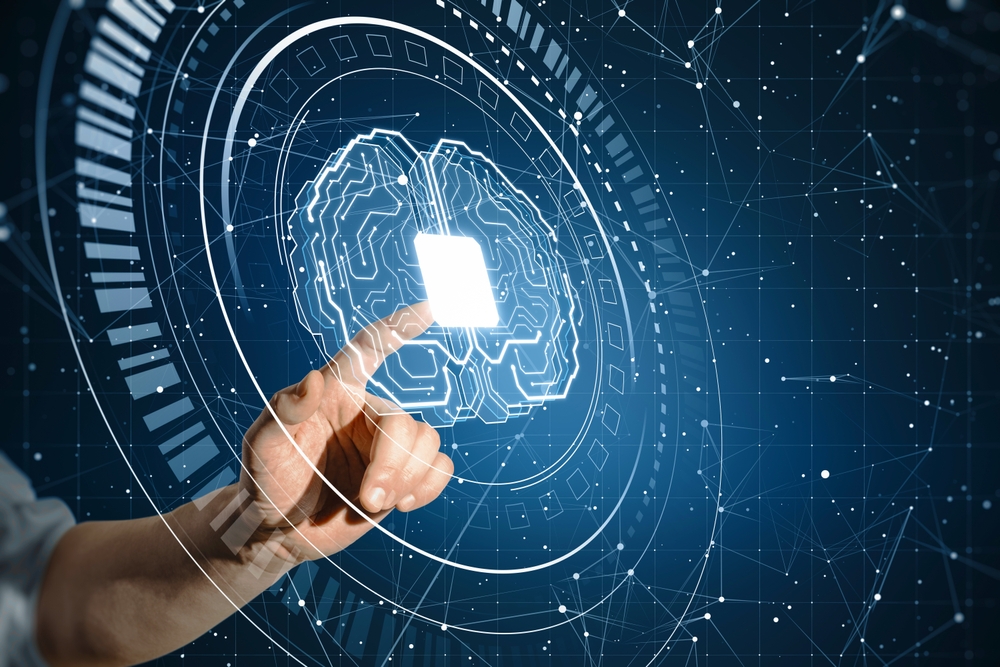First Human Brain Chip Implant Achieved by Neuralink, Musk Announces.
Others are reading now
Elon Musk’s company Neuralink has achieved a groundbreaking medical feat by successfully implanting a wireless chip in a human brain for the first time. This significant development was announced by the technology billionaire on X, formerly known as Twitter.
The operation, a milestone in neural technology, has been successful, and the patient is reportedly recovering well. Musk shared the encouraging initial results, indicating the detection of neuron spikes, which could pave the way for advanced neurological research and treatments.
Also read
Musk’s venture received regulatory approval last year in May to test the chip, named ‘Telepathy,’ on humans.
The chip is designed to provide users with total control over devices like phones or computers, solely through thought. Musk envisions a future where individuals, akin to theoretical physicist Stephen Hawking, could communicate at incredibly fast rates, surpassing conventional methods.
The chip’s initial applications are expected to benefit patients who have lost limb mobility. Neuralink’s approval for human trials marked the beginning of a six-year study where a robotic system will surgically implant 64 flexible threads, thinner than a human hair, into a brain region associated with the intention to move.
The trials, previously conducted only on monkeys, have not been without controversy. Last year, allegations surfaced suggesting that the implants caused paralysis, seizures, and brain swelling in test monkeys. However, Musk has refuted claims of any fatalities linked to Neuralink implants, addressing these concerns on social media last September.
As Neuralink moves forward with its human trials, the world watches closely, anticipating the potential benefits and ethical considerations of this groundbreaking neurotechnology.








